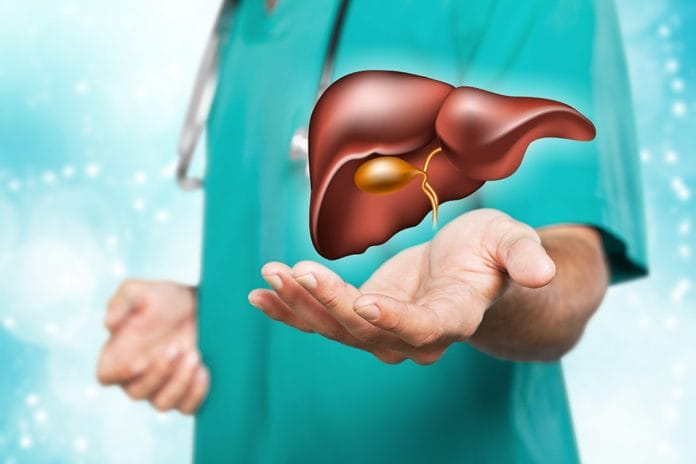Cirrhosis of the liver is, unfortunately, a common immunosuppressive disease that may require transplantation in a medical setting. The immunosuppressive part of the disease affects dental health in both extreme and painful ways.
Oro-Dental Health of Patients with Chronic Hepatic Failure is a study completed by a group of researchers in the International Journal Of Organ Transplantation Medicine who were interested in finding out how the oral cavities of their patients compared with those of individuals without the disease. Their goal is to study particular dental difficulties and create a base-plan for dental professionals to deal with these patients in the chair.
Discoveries
These researchers discovered that oral mucosal lesions were tremendously more common in the mouths of cirrhosis patients and that their saliva secretion was much less than that of an average individual. According to their DMFT Score, the more severe the liver disease, the more likely the person will have decayed, missing, or filled teeth.
The worse a person’s disease becomes, the harder it is for us to treat their dental health. It is imperative that we try, for many reasons outside the cosmetic, to increase their understanding of correct dental hygiene. In this circumstance, it may save their lives.
Lesions
Angular cheilitis lesions were the most predominant lesions discovered in these patients, and they are identified by their unique symptoms, which are lesions forming at the corners of the mouth.
These lesions lead to temperature sensitivity, painful movement (opening the mouth), dry skin, and open wounds that easily lead to infection. You can identify these lesions based on these signs:
- Red and purple spots forming on the skin at the outside corners of the mouth
- The formation of crusting, swelling, or cracking in these areas
- Complaints of pain and burning sensations at these sites
- Dry and chapped lips that are worse in the corners of the mouth
Infections spread easily, especially with the bacteria generally found inside the mouth. Candida albicans, and other fungal infections that are difficult to treat, are widespread and dangerous to the sufferer of the disease. There were also very high numbers of individuals who suffer from cirrhosis that had fissured tongues and gingival overgrowth.
Dental care and disinfection of the areas should be as thorough as possible while being gentle and careful. It may be painful for these patients to open their mouths and, while doing so, may open wounds, and thus their susceptibility to infection.
Saliva
Hyposalivation is an issue. Normal saliva secretion was significantly decreased in said individuals when compared to the average person. This isn’t helped by the fact that many liver patients are prescribed diuretics to deal with their disease. Many other patients were also taking prescribed medications that decrease saliva production as a specific side effect, such as tranquilizers and antihypertensive drugs.
The medications keeping them alive are also opening the patients up to serious infections, many of which will begin in the mouth. Oral hygiene, while, again, careful, must be vigorous and actively disinfecting. Emphasizing correct home care techniques may truly contribute to prolonging their lives.
Final Thoughts
Smoking and drinking can significantly worsen these lesions, and medications take to slow down or treat the disease may also alter the chemical makeup of the saliva that they do have. Bone loss in the jaw is very common in these patients as well as various other osteoporotic changes that may damage the teeth.
Dental professionals should be aware of the dangers these fungal infections have in liver-failure patients and do what they can to decrease infection while treating these patients. They are always more prone to hard-to-cure fungal infections that could worsen detrimentally over time.
Transplantation will further increase the chances of infection due to immunosuppressant medications, so tightening these patients’ recall appointments (i.e., four appointments per year instead of an appointment every six months) may be beneficial.











